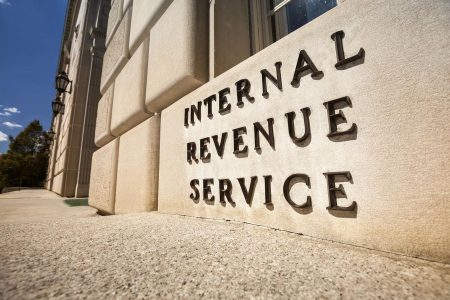As the world grows smaller, U.S. citizens and residents continue to find themselves entangled in complex U.S. foreign reporting. This is particularly so when it comes to foreign retirement plans. Often, these plans require a litany of various U.S. reporting forms, including the FBAR, IRS Form 8938, IRS Form 3520, and IRS Form 3520-A. Which form applies, if at all, is not always clear. And the stakes are incredibly high because the penalties for failure to properly report the plan can be steep.
FBAR
U.S. persons who have a financial interest in, or signature or other authority over, foreign accounts that exceed $10,000 at any time in a year must file an FBAR. Generally, a foreign account includes bank or securities accounts, cash-value insurance, commodity futures or options accounts, mutual funds, and other accounts held with financial institutions engaged in the business of accepting deposits.
Given the broad “catch-all” provision above, the IRS has indicated that foreign retirement plans (even foreign pensions) may constitute reportable foreign accounts. Indeed, the government has refused to provide a blanket exemption for these types of plans. In many cases, tax professionals simply advise their clients to report their retirement plans out of an abundance of caution, particularly with the IRS’ existing position that retirement plans may represent retirement plans in various instances. However, depending on the manner in which the foreign account is set up, there may be arguments that the foreign pension is not reportable.
The penalties for failure to file an FBAR depend on whether the failure is willful or non-willful. If willful, the penalty is the greater of $100,000 (adjusted for inflation) or 50% of the account balance at the time of the violation. If non-willful, the penalty is $10,000 (also adjusted for inflation).
IRS Form 8938
Section 6038D requires U.S. persons who hold “specified foreign financial assets” in a tax year to report those assets on an IRS Form 8938. Because specified foreign financial assets usually include foreign retirement plans, U.S. persons with a threshold amount of specified foreign financial assets must usually report their plans on IRS Form 8938. Generally, the reporting thresholds, which apply to all specified foreign financial assets held in the tax year, are based on the taxpayer’s filing status.
The penalties for failure to file an IRS Form 8938 are $10,000 per year. In addition, the IRS may impose so-called continuation penalties if the failure continues after the IRS notifies the taxpayer of the non-filing.
IRS Form 3520 and IRS Form 3520-A
U.S. persons must file an IRS Form 3520 and IRS Form 3520-A if they have certain interests in or transactions with foreign trusts. Because some foreign retirement plans may represent foreign trusts under U.S. tax law, individuals must often analyze their specific plan to determine whether they have an IRS Form 3520 and IRS Form 3520-A filing obligation.
As a threshold matter, the taxpayer must initially determine whether the plan represents a foreign trust. For these purposes, a trust means an arrangement in which a fiduciary (i.e., a trustee) takes title to the property or funds for the benefit of one or more beneficiaries. If the arrangement constitutes a trust, the taxpayer must additionally determine whether it is foreign.
A trust is foreign if it fails either the U.S. court test or the control test. Under the U.S. court test, a trust is foreign if a U.S. court cannot exercise primary supervision over the administration of the trust. U.S. courts only include U.S. federal courts, state or local government courts, and courts located in the District of Columbia. If any of these courts are unable to issue orders and judgments associated with the trust’s administration, then the trust is a foreign trust.
Under the control test, a trust is foreign if no U.S. person has the authority to control substantial decisions related to the trust. Generally, substantial decisions include the authority to determine the amount of distributions, investment decision, and whether to remove, add, or replace a trustee.
In most instances, foreign retirement plans that constitute trust arrangements under U.S. law fail the U.S. court test, rendering them a foreign trust.
If the retirement plan is a foreign trust, the U.S. person must file an IRS Form 3520 in various circumstances, including: (i) creation of the plan; (ii) funding and contributions to the plan; and (iii) distributions from the plan. Moreover, the taxpayer must determine whether the plan represents a grantor trust under the grantor trust rules. This determination necessarily hinges on the manner in which the plan was established. If the plan is a grantor trust, the U.S. person must also file a substitute IRS Form 3520-A.
The penalties for failure to file an IRS Form 3520 equal the greater of $10,000 or 35% of the amount of the contributions and distributions from the foreign trust. The penalties for failure to file an IRS Form 3520-A equal the greater of $10,000 or 5% of the value of the foreign trust at the end of the applicable tax year. Similar to IRS Form 8938 penalties, the IRS may impose continuation penalties if these failures continue after the IRS notifies the taxpayer of the non-filing.
Summary
The U.S. reporting obligations associated with foreign retirement plans are complex and not intuitive. Nevertheless, because the penalties for failure to file any applicable form can be expensive, taxpayers should take these reporting obligations seriously.
Read the full article here










